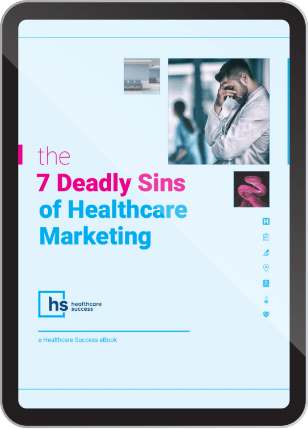Boston Physician Wants CME Independence from Pharmaceutical Marketing & Advertising
No so long ago really—1773, as I recall—when some folks in Boston expressed their displeasure with then-mother Britain’s Tea Tax and dumped a boat load of the stuff into the harbor. The now-famous tea party was a historical moment of independence.
That spirit of independence lives on in Boston, with a personal revolt of sorts against pharmaceutical marketing and advertising that targets physicians, according to an item from the Boston Globe last week. Harvard Medical School neurologist Dr. Martin Samuels has started a new company “that he says will provide continuing medical education to doctors across the country — without funding from the pharmaceutical industry.”
The idea is to provide physicians with an independent option on education that does not rely on financial underwriting by drug companies. “Doctors have lost confidence in [continuing medical education] and the public has lost confidence… The feeling is that everything is tainted,’’ Dr. Samuels said in the news accounts.
The new physician continuing education company intends to compete by providing CME courses that do not accept funding from pharmaceutical or medical device companies—and thus, they feel, can be above concerns of partiality. It does bring attention to the ongoing discussion in professional circles. The Globe report continues: “Critics say the reliance on industry funding allows drug and device companies to influence what is taught, potentially misleading physicians about the best treatments for patients and pushing up spending on prescription drugs.”
“Dr. Murray Kopelow, executive director of the organization that accredits medical education providers, said that the criticism is overblown, and that the vast majority of providers comply with his group’s rules, which forbid industry funders from influencing the content of courses or who presents them.”
“They have recruited 11 specialists, many also from Harvard, to write the curriculum and recruit speakers for courses in cardiology, obstetrics, oncology, psychiatry, and other specialties. The work will be paid for by the sale of the curriculum to hospitals, medical societies, insurance companies, and other organizations that provide professional education to doctors,” Dr. Samuels said in the report.
Not surprisingly, the price tag for this independent approach to CME is expected to be higher without pharmaceutical company underwriting. And some observers suggest that neither approach is free of bias.
The discussion will continue as health care reform changes unfold. Let us know what you think about this business model for CME.
Take the next step with your digital marketing and partner with Healthcare Success and our industry-specific pharmaceutical SEO team.









